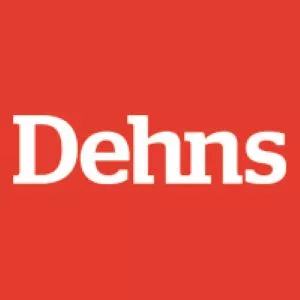The patent system exists to encourage and reward innovation. It does this by preventing people from copying others' innovative ideas, in science and engineering, for a period of up to twenty years. It has been successfully incentivising innovation for centuries.
Software is a relative new-comer to the patent arena. Over the last few decades, government patent offices have struggled to decide how to deal with software patents. There is a widely-held view that software simply can't be patented, particularly in Europe. Fortunately, this is not at all correct: the right type of software innovation can most certainly be patented in all the world's major patent offices.
Nevertheless, what can and can't be patented changes over time, and differs substantially from country to country. This makes it challenging to obtain broad patent protection, but, with the right guidance, it is quite possible to patent software developments. This can deter unwanted competition. It may also help to underpin licensing agreements and encouragement investment.
In order to be patentable, a software idea must be new and not obvious. In general, the idea should also provide some "technical" advance, rather than merely addressing a business challenge. Exactly what it means for software to solve a technical problem is not well-defined. It is best understood by considering some real-life examples of inventions that have been successfully patented, and some that have been refused patent protection.
Dehns Partner, Tim Wilson, will be hosting a seminar on this topic and will be presenting a number of actual case studies, to help the audience develop a feel for the sort of innovation that the patent system may be able to address. This should assist you in identifying those ideas of your own that may be patentable, as well as being realistic about what is probably not patentable.
Please join us at Level 39, Canary Wharf, London, E14 5AB
DATE: Thursday 10 May
TIME: 5.30pm - 8.30pm

